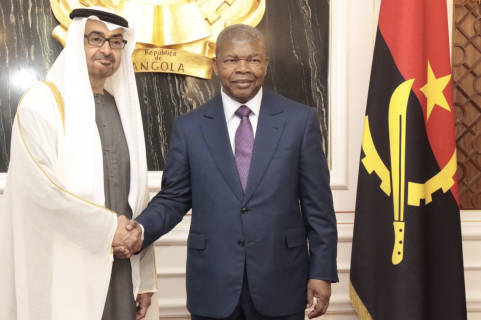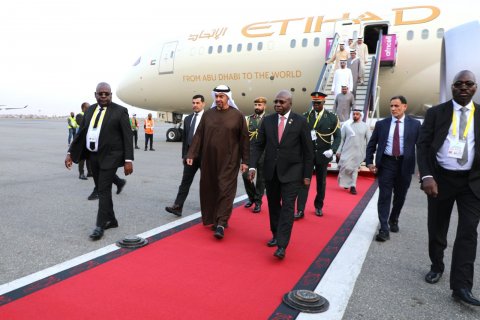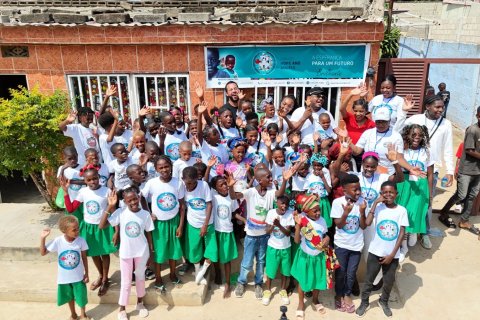In Angola, approximately 54% of the population lives below the poverty line, and over 75% of the workforce is in the informal sector. This scenario reveals not only the scale of the challenge but also the vast potential for transformation that exists if the right conditions are created to boost local productivity and grassroots entrepreneurship.
Microfinance is, at its core, a catalyst for economic inclusion, as it represents access to financial instruments that allow historically excluded individuals to actively participate in the economy. When well-structured, it promotes entrepreneurship, strengthens local value chains, and builds economic resilience in the most vulnerable communities.
The informal sector, although often marginalized, is one of the main drivers of economic activity in Angola. It is home to thousands of small businesses—from greengrocers to family farmers—that support families and drive markets. However, the lack of access to adequate financing, financial education, and formal marketing channels severely limits their growth and contributes to economic stagnation and the perpetuation of poverty.
Several experiences in similar contexts demonstrate that when microfinance is adopted as a tool for local economic development, the impact is significant: increased family income, job creation, dynamization of community economies, and higher banking utilization rates. Microcredit, when combined with training and support, allows a simple idea to become a sustainable business—generating value and dignity.
In Angola, there is a notable lack of a systemic and coordinated approach that places microfinance at the center of the poverty reduction strategy.
Building a more just and economically resilient society requires recognizing microfinance as a strategic partner in the fight against poverty.
To this end, it is important to:
1. Adopt an integrated approach that incorporates microfinance into policies that promote employment, support family farming, and empower women;
2. Promote friendly policies and regulations that encourage the expansion of microfinance services with responsibility, sustainability, and a focus on social impact;
3. Foster structured collaborations between institutions, development partners, and community actors to bring financial solutions to the grassroots.
Financial inclusion is not a luxury—it is a pillar of development. And microfinance, when treated as an ally and not an accessory, can be the bridge between survival and prosperity. With well-regulated structures, sustainable models, and an impact-oriented approach, microfinance becomes a true accelerator of inclusion and growth for millions of Angolans.








